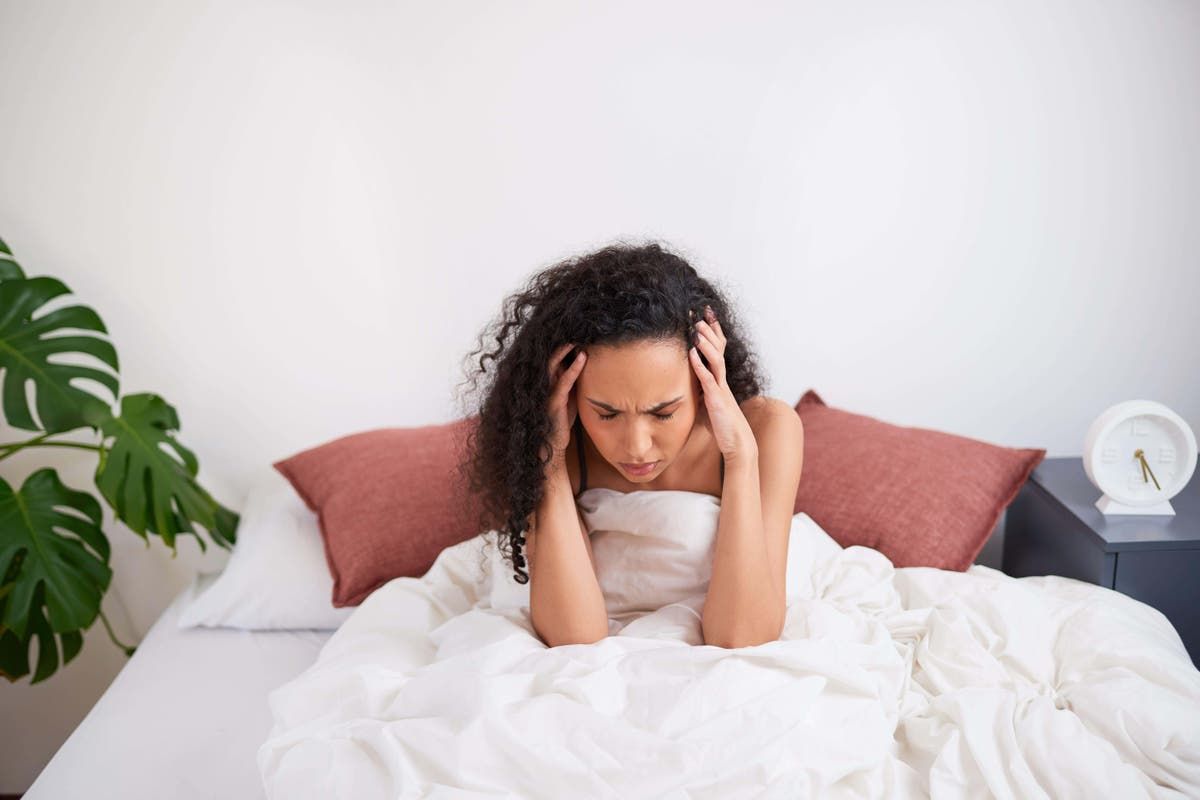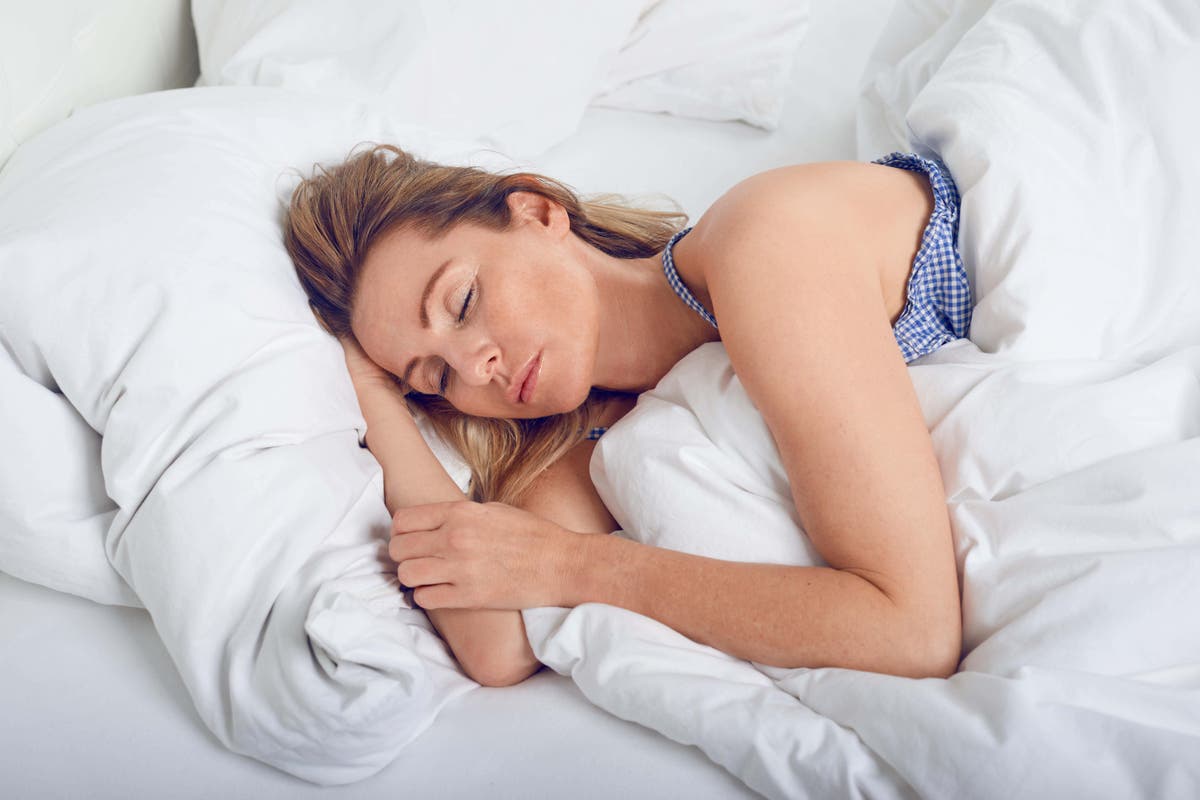Truly support
independent journalism
Our mission is to provide unbiased, fact-based reporting that holds the powerful to account and exposes the truth.
Whether it's $5 or $50, every contribution counts.
Support us in offering journalism without agenda.
Temperatures are expected to reach scorching heights of 34-35°C in parts of the UK today and the humidity may be affecting your sleep right now.
Glorious blue skies and sunshine give us a sense of serenity during the day, but when it's time to sleep, the same heat can sabotage our quest for sleep.
So how does the heat affect our minds and bodies and how can we overcome it to get those all-important eight hours?
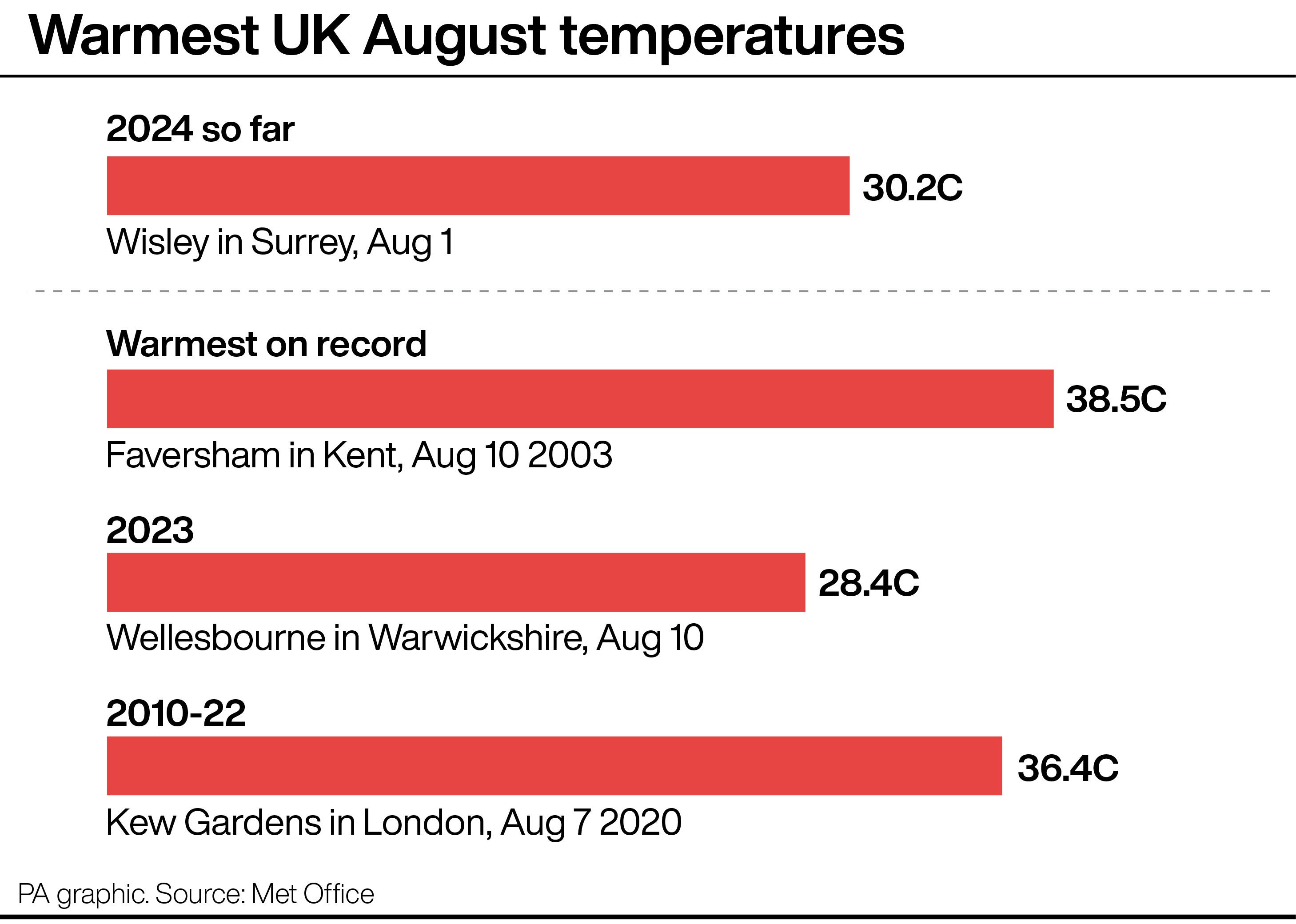
How does heat affect our body when sleeping?
“Part of the normal process of falling asleep involves a drop in body temperature of 1-2°C, along with an increase in melatonin levels, which together promote sleepiness,” explains Alison Cullen, qualified sleep consultant and A.Vogel expert.But when the air around us is stifling, that natural drop in body temperature is disrupted.
“Excessive heat speeds up our physiology, trying to cool us down,” explains Dr. Daniel Glazer, a clinical psychologist.
“Blood vessels expand, warm blood rushes to the surface of the skin, and our heart beats twice as fast in a sweaty attempt at relief.
“It’s a metabolic frenzy… instead of relaxing, we’re stuck in a loop of overheating and overstimulation.”
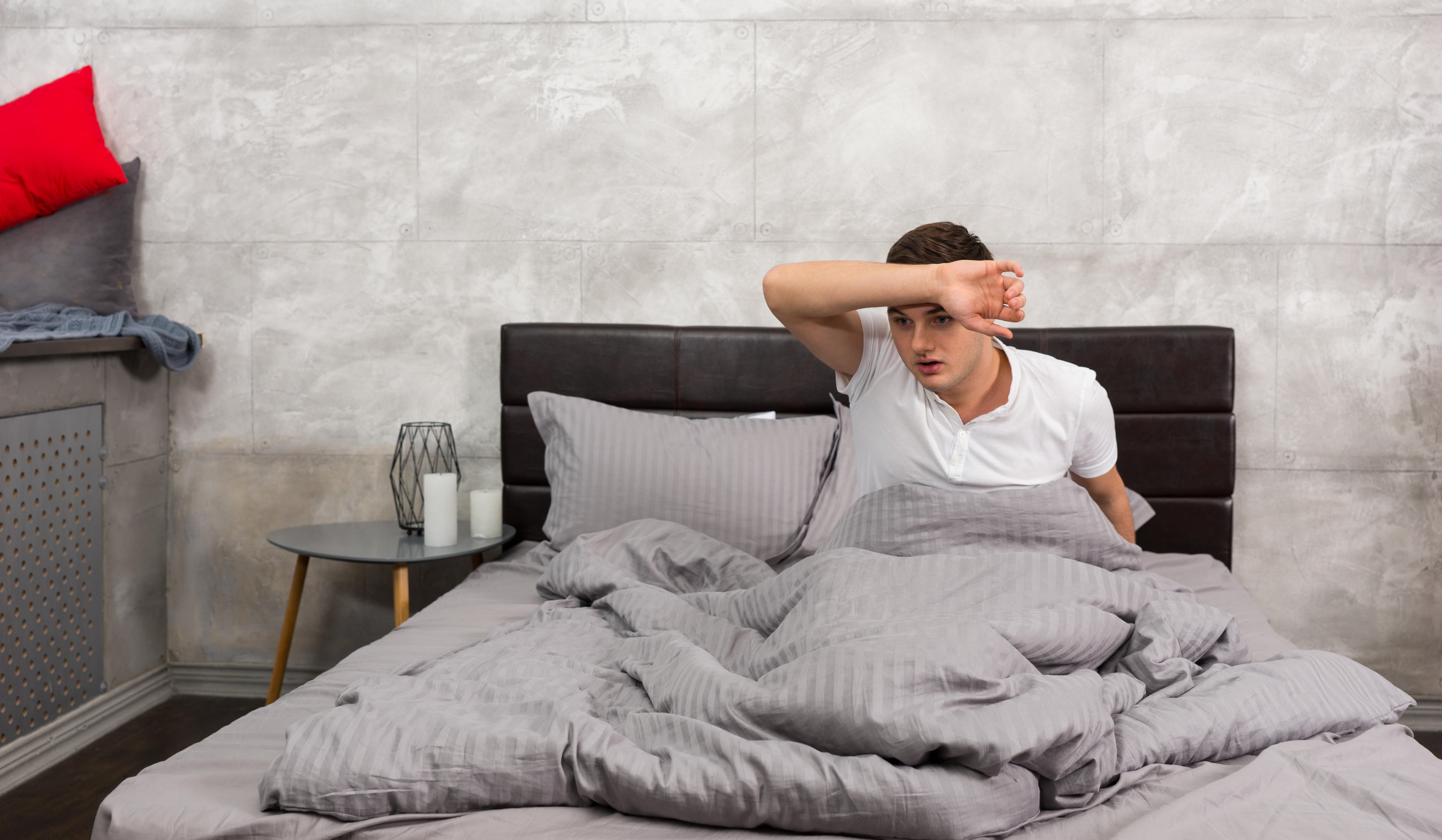
Not only do we need lower temperatures to be able to go to sleep, but we need them to stay low to keep the quality of sleep high throughout the night and allow our bodies to repair themselves.
“For adults, it is recommended to keep the temperature between 15.5 and 19.4 degrees Celsius for the best conditions for sleep,” says Luke Cousins, national director of physiology at Nuffield Health.
What is the impact on mental health?
“Lack of sleep can lead to restlessness, irritability, anger and loss of patience,” Cousins warns.
If you experience recurring symptoms, it could affect your mental health.
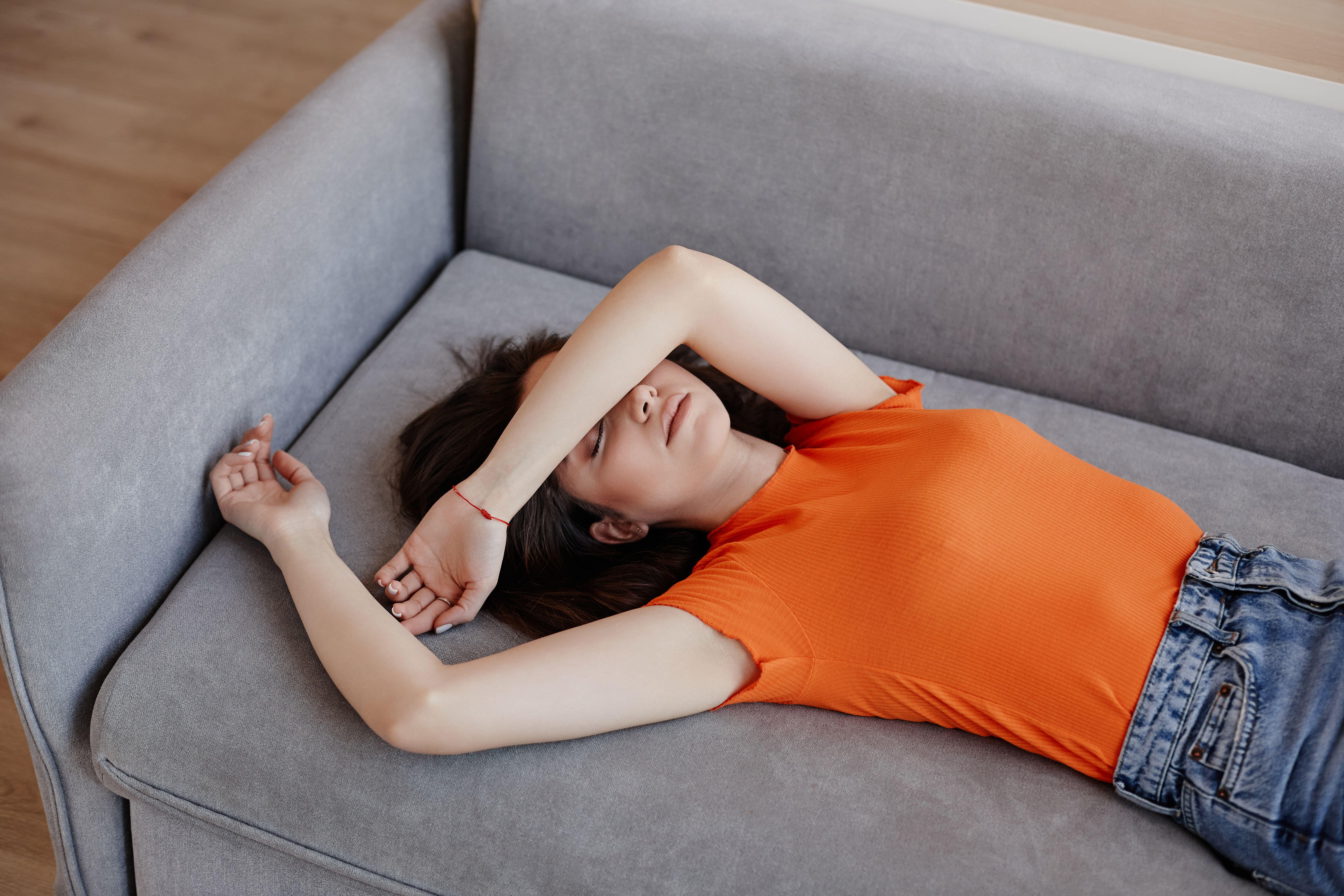
“Lack of sleep can make you feel tired, moody and can worsen mental health issues like anxiety and depression,” says Courtney Greene, director of occupational therapy at Cygnet Health Care. “Heat can also cause physical symptoms that affect your mental health.
“For example, you may feel more tired than usual, have headaches, dizziness or nausea. These physical symptoms can make you feel anxious or depressed.
“You may notice that you act differently when it’s hot. For example, you may be more impulsive or find it difficult to control your anger.”
5 tips to help you sleep during the heat wave
1. Silence all distractionsIf the heat bothers you at night, think about other controllable factors.
“I would recommend silencing all potential distractions to sleep,” advises Dr Hana Patel, NHS GP and resident sleep expert at Time4Sleep. “This can include installing blackout blinds to ensure you don’t wake up too early or investing in a white noise machine to avoid distraction from outside noise. You can even opt for earplugs if you’re a particularly light sleeper.”
2. Drink plenty of water
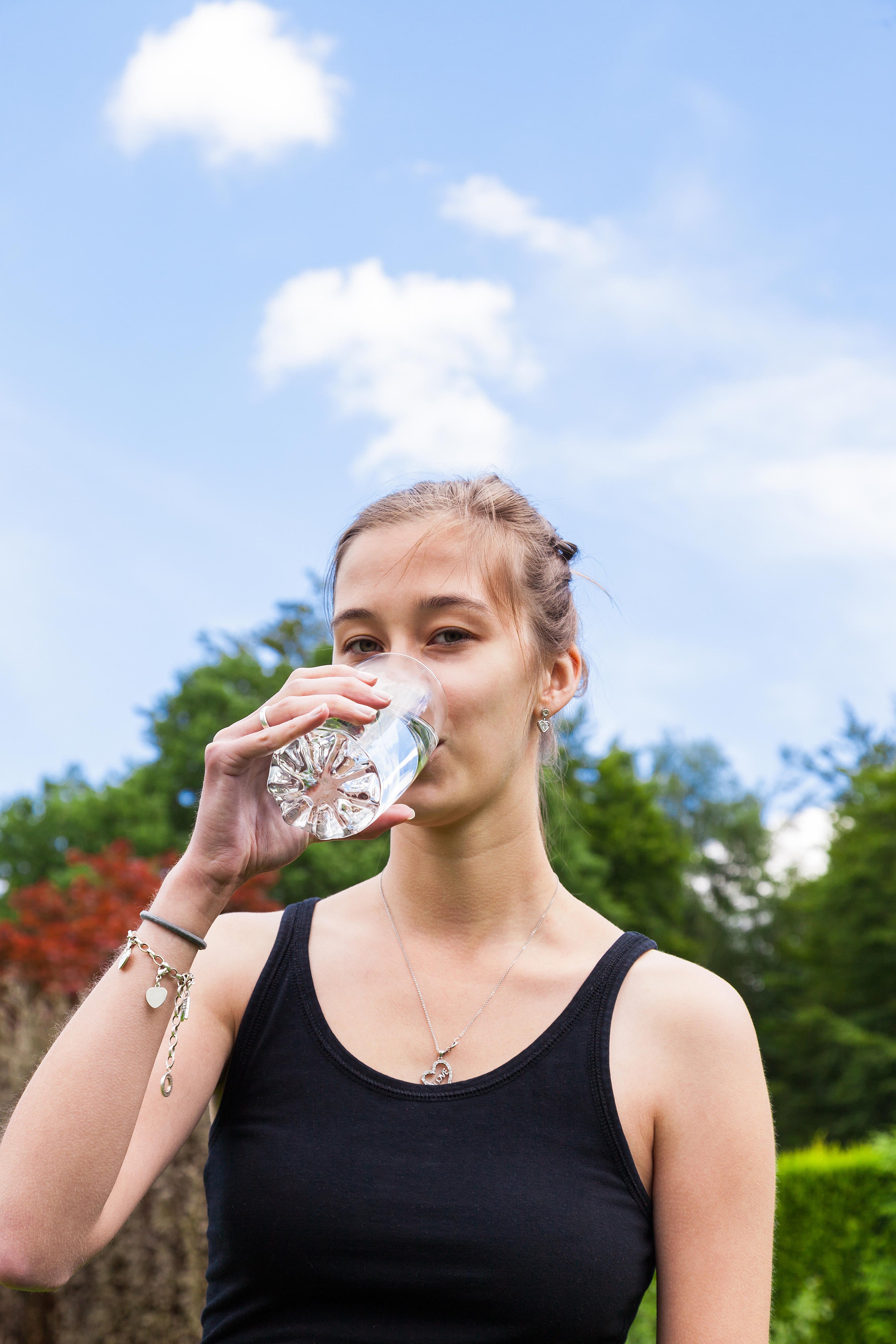
“Make sure you drink plenty of still water throughout the day to stay well hydrated,” Cullen advises. “Poor hydration can lead to nighttime palpitations, which can wake you up very easily.”
3. Avoid foods that “make you sweat”
“Avoid especially spicy, greasy and fried foods as these can make you sweat more and affect your digestion,” advises Patel. “You should also consider lighter snacks before bed as heavy meals can trigger insomnia symptoms and therefore affect the quality and duration of sleep you can achieve.”
4. Fill a hot water bottle with cold water.
“Instead of freezing a hot water bottle with cold water, as this can damage the material of the bottle, fill it with very cold water and leave it on the bed for an hour before going to sleep,” Patel recommends.
“Before falling asleep, be sure to remove your baby from the bed, as skin contact can cause discomfort and, at very low temperatures, possible skin damage.”
5. Invest in temperature-regulating bedding
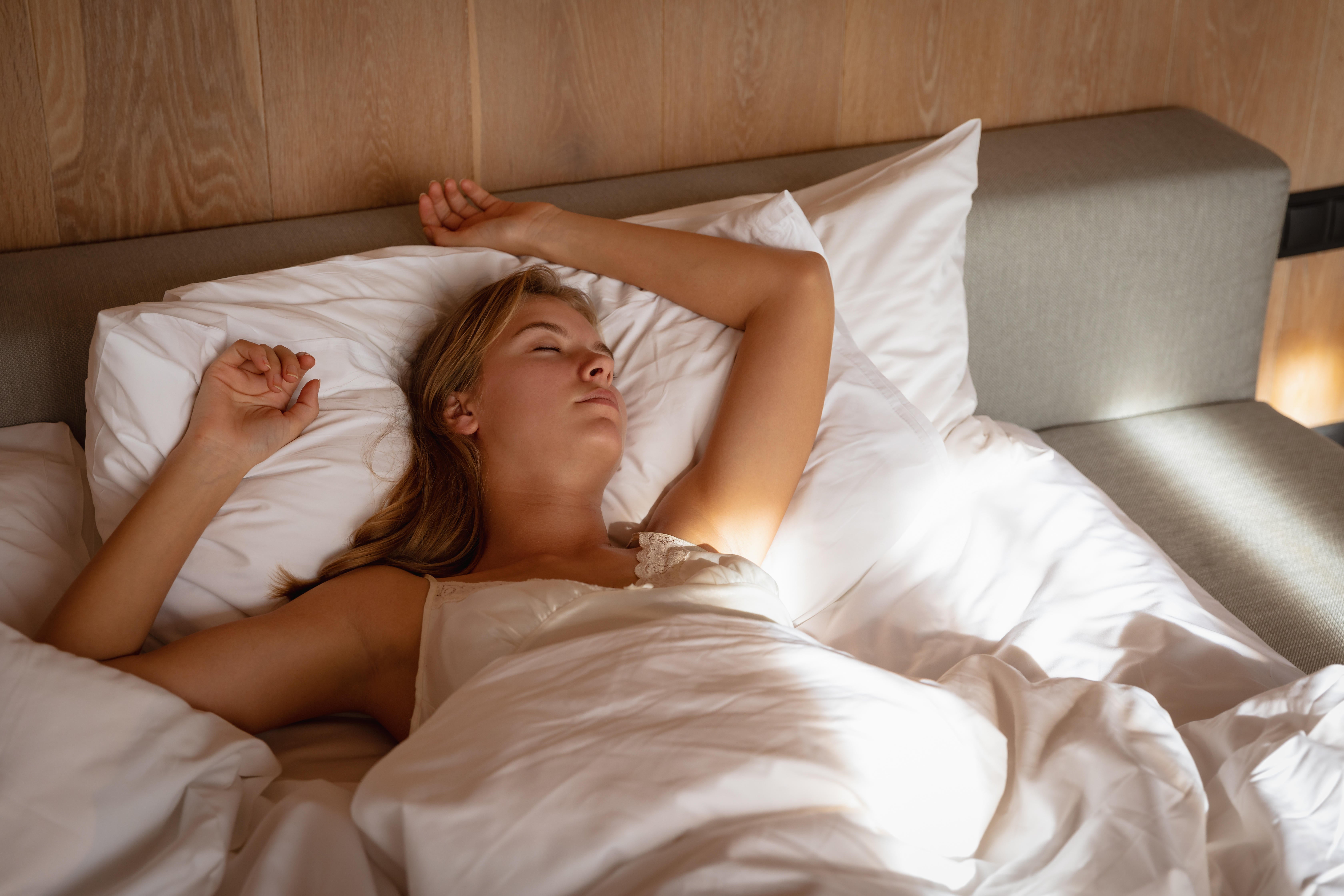
“You may want to try the benefits of a lighter duvet, 4.5 to 7 togs, or even a breathable cotton sheet,” suggests Patel. “Consider a temperature-regulating mattress if you’ve experienced consistent sleeping discomfort over the past few summers.”

